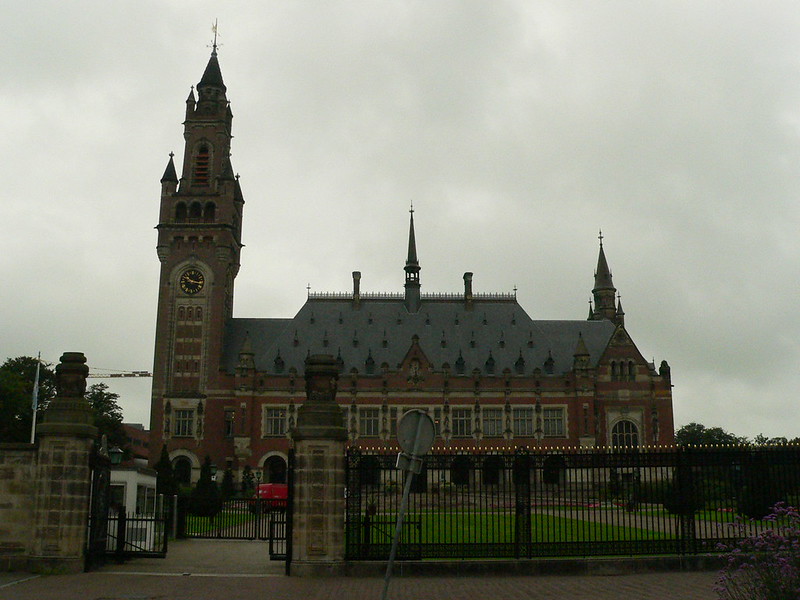MEDIA RELEASES
AIJAC expresses concern over politicisation and misrepresentation of International Court of Justice
May 26, 2024 | AIJAC staff

The Australia/Israel & Jewish Affairs Council (AIJAC) today expressed its profound concern with the ongoing politicisation of the International Court of Justice (ICJ) and its growing association with abusive lawfare against Israel.
In just five months, South Africa has filed four urgent requests for interim measures in its case against the Jewish State. The latest South African application, made on May 10, called yet again for the Court to demand full permanent Israeli withdrawal from Gaza. In response, the ICJ decided on May 24 that Israel shall “Immediately halt its military offensive, and any other action in the Rafah Governorate, which may inflict on the Palestinian group in Gaza conditions of life that could bring about its physical destruction in whole or in part.”
Executive Director Dr Colin Rubenstein said: “South Africa has abused the meaning of the Genocide Convention to obtain the jurisdiction of the Court in a situation which is clearly one of armed conflict rather than of genocide. Pretoria is attempting to use the Court to effectively provide victory to Hamas – which South Africa openly supports – in the war Hamas began with Israel with its campaign of mass-murder, rape, torture and kidnapping on October 7. Judge Nolte was correct to note the ICJ risks overstepping its mandate by giving sanction to South Africa’s lawfare on behalf of Hamas. Judge Barak more frankly said that ‘the Court should not have sacrificed the integrity of the Genocide Convention and overstepped the limits of its jurisdiction.’
“The media is also complicit in assisting this act of judicial warfare on behalf of Hamas, with many misrepresentations of the ICJ decision in both headlines and reporting in Australia. Indeed, the separate clarifying declarations by Judges Nolte and Aurescu (who concurred) and Barak and Sebutinde (who dissented) all made it clear that Israel is not required by the ICJ order to halt its actions in Rafah unless they would inflict conditions of life that could bring about physical destruction of the Palestinian people in Gaza. Israel has rightly said its operations in Rafah do nothing of the sort – close to a million civilians have been evacuated from Rafah to safer areas with very few casualties – and thus they do not need to be halted under the terms of the Court’s order. Yet much of the media is misreporting the order as an unconditional order to cease all operations in Rafah, just as many outlets misreported the previous ICJ decision in January as having found there was a ‘plausible case Israel is committing genocide in Gaza’ when the Court decision said no such thing, as then-Court President Joan Donoghue has publicly confirmed.”
Dr Rubenstein added, “Meanwhile, the politicised nature of the Court is confirmed by the behaviour of the current incumbent President of the ICJ, Nawaf Salam, the former Lebanese ambassador to the UN, where he was well-known for constant, extreme invective against Israel. Although a principle of the rule of law is the right to be heard by an impartial judge, for which the disqualifying threshold is a reasonable apprehension of bias, this fundamental rule has no traction in the international justice system. Judge Salam not only failed to recuse himself, but appears to be colluding in the South African proceedings with procedural and substantive prejudice against Israel.
“It is in Australia’s national interests that the international judicial system maintains a reputation for impartial justice and forms part of a system that enhances international security and encourages the peaceful settlement of international disputes. The lawfare represented by the South African case against Israel on behalf of Hamas, and the ICJ’s complicity in it, undermines all these paramount interests. It is time that the Australian Government says as much,” he concluded.
Tags: ICJ, Israel, Palestinians, Rafah, Terrorism





